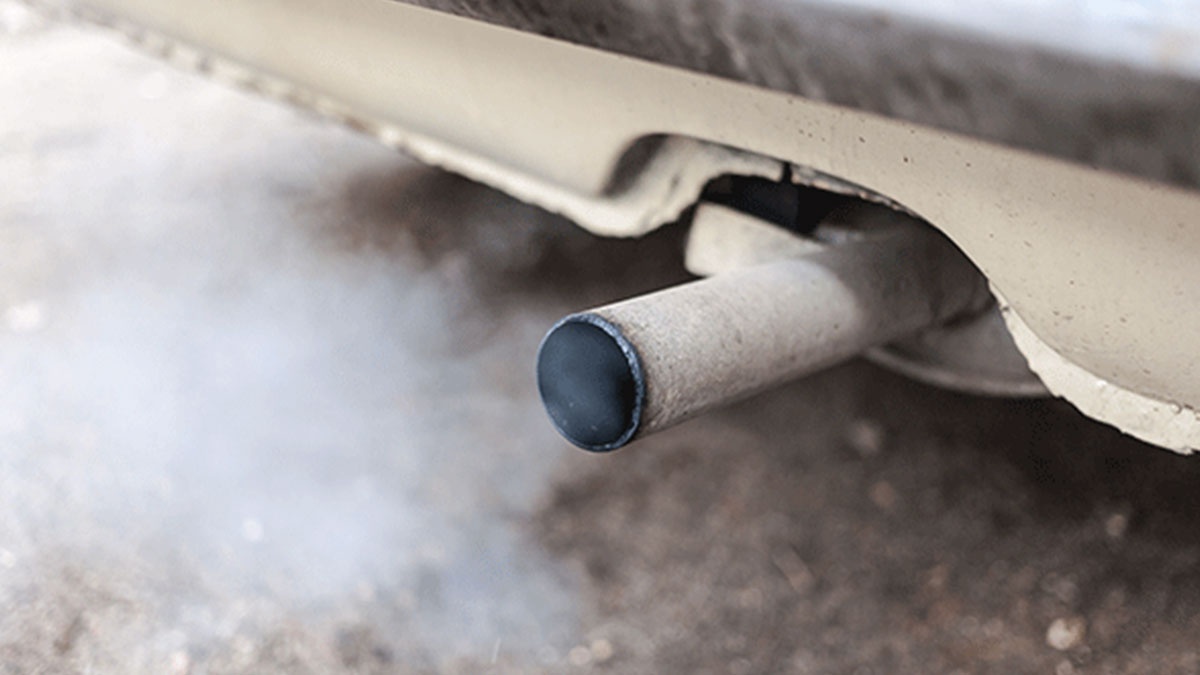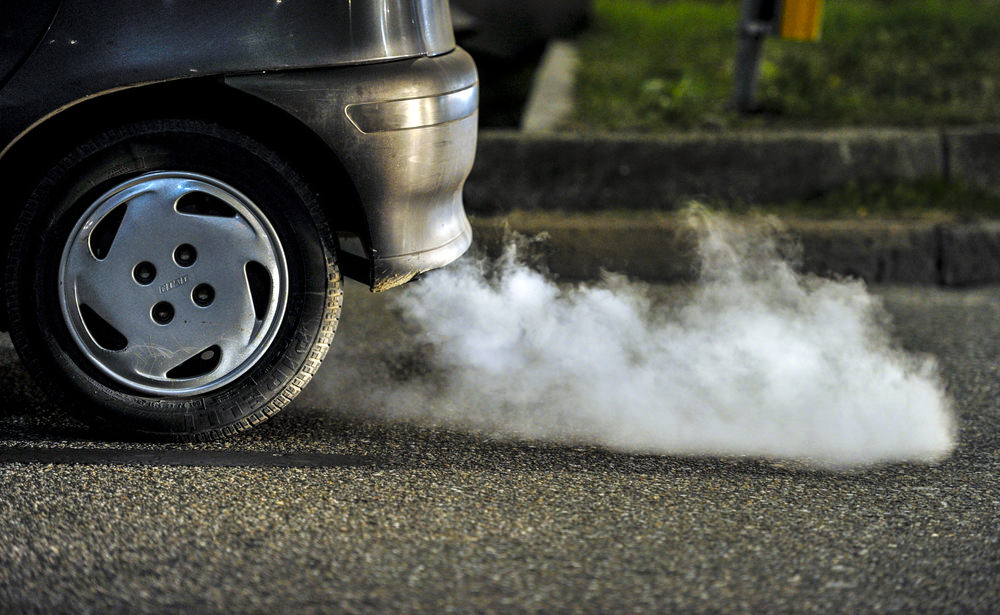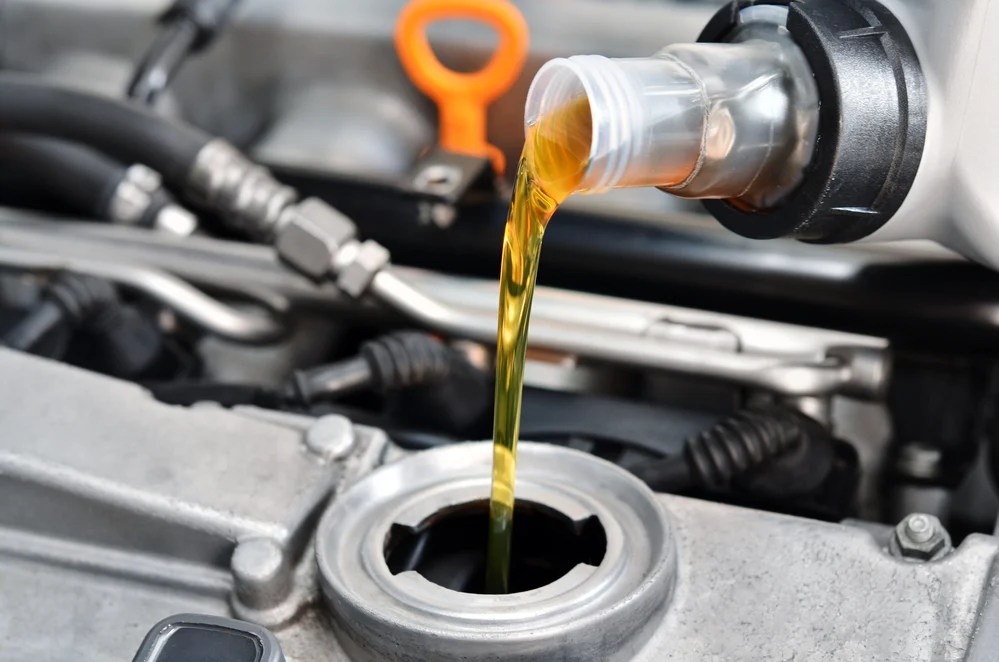Maintaining your vehicle through regular attention and timely maintenance is essential for its long-term reliability. Keeping an eye on your dashboard for warning lights and being vigilant about your car’s overall performance are key aspects of vehicle care. Additionally, checking the fluid levels, listening for unusual sounds, observing for any smoke, and even noting strange odors from your engine, exhaust, or vents are vital practices.
Among the many potential issues your vehicle can face, one problem that requires immediate attention is burning oil. If your car is burning oil, it can result in severe engine damage if left unchecked. This article will help you understand the signs, causes, and solutions to prevent your vehicle from burning oil.
When your car is burning oil, it means that oil is being consumed by the engine, either through burning or leaking. If you notice that your oil levels deplete unusually fast, it’s a clear sign that your engine is using more oil than it should. In the case of burning oil, the oil passes through the piston rings into the combustion chamber, where it is ignited.
This is a common issue in aging engines, as seals and gaskets wear down over time, allowing oil to leak into areas where it shouldn’t be. If oil leaks onto hot engine components, it can produce the unmistakable smell of burning oil. Moreover, if the internal parts of the engine are malfunctioning, oil may seep into areas it shouldn’t, exacerbating the problem. It’s essential to have your engine inspected and diagnosed by a professional mechanic to avoid further damage or dangerous situations.

Recognizing the Signs of Oil Burning
There are several indicators that your vehicle is burning oil. Pay attention to the following symptoms:
Rapid Decrease in Oil Level: If you notice a fast drop in oil levels, even after a short period, your vehicle is likely burning oil. A sudden drop on your dipstick after a few days suggests the oil is being consumed at a faster rate.
Oil Pressure and Oil Quality Indicators: Most modern cars have an oil pressure gauge on the dashboard. If you notice a quick decrease in oil pressure or the oil quality indicator lights up frequently, it’s another sign that your car may be burning oil.
Burning Oil Smell: A distinctive odor can signal oil leakage. If oil leaks onto hot engine parts or exhaust components, it will create a strong, pungent smell that can’t be mistaken for anything else.
Blue Smoke from the Tailpipe: When your car burns oil, you might see bluish smoke coming out of the exhaust pipe, especially when the engine is running. The smoke will become more pronounced when you accelerate or decelerate, indicating an ongoing issue with oil burning.
Causes of Car Burning Oil
Now that you’re familiar with the symptoms, it’s important to understand the possible causes behind oil burning in your vehicle. Several factors can contribute to this issue:
Worn-Out Oil Filter Cap: The oil filter cap serves to keep oil contained within the system. If it’s worn or damaged, the oil may escape, causing leakage and burning in the engine.
Damaged Piston Rings: Piston rings are designed to keep oil out of the combustion chamber. When these rings become damaged or worn, oil can leak into the combustion chamber and burn. This can lead to excessive oil consumption and result in carbon buildup on the engine parts.
Oil Leaks into the Turbocharger: If your car is equipped with a turbocharger, it’s especially important to monitor the seals. Over time, seals can degrade and allow oil to leak into the turbocharger. This causes oil to burn as it travels through the exhaust or intake system, ultimately damaging the turbocharger bearings and leading to failure.
Blocked or Worn PCV Valve: The Positive Crankcase Ventilation (PCV) valve regulates the flow of gases in the engine. If the PCV valve becomes clogged or worn, it can cause oil to be sucked into the intake system, where it burns.

Addressing the Issue: What to Do if Your Car Smells Like Burning Oil
If your car is emitting a burning oil smell and blue smoke is coming from the exhaust, it’s time to act quickly. The first step is to take your car to a qualified mechanic who can conduct a thorough inspection. Key components like the piston rings, valve seals, PCV system, and head gaskets should be checked for wear and damage. It’s crucial to address the issue as soon as possible to avoid more severe engine damage.
Preventive measures can be taken before the issue escalates. For example, it’s a good idea to have these components checked during regular oil changes or as part of an annual inspection. Regular oil filter changes are also an essential part of maintenance that can help avoid oil-burning problems.
Additionally, monitoring your oil levels regularly and keeping your oil topped off according to your vehicle manufacturer’s guidelines can prevent oil consumption issues. This habit is particularly important if you notice the oil level dropping faster than usual.
Lastly, adjusting your driving habits can also help reduce the chances of burning oil. Letting the engine warm up for a few minutes before driving can promote better oil circulation, and avoiding excessive driving at very low or high RPMs can prevent the engine from overworking, which leads to faster oil consumption.
Burning oil in a vehicle is a problem that should not be ignored, as it can lead to major engine damage if not addressed promptly. By recognizing the symptoms, understanding the causes, and taking preventive steps, you can minimize the risk of your car burning oil. Regular maintenance, checking oil levels, and addressing issues early can go a long way in ensuring your car remains in good condition for years to come. Always consult with a professional mechanic for a thorough diagnosis and timely repairs to keep your vehicle running smoothly.

